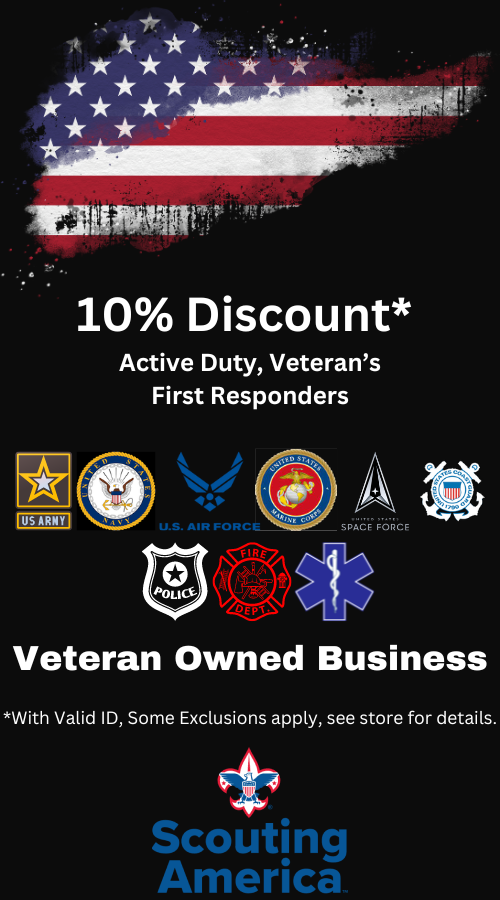Faq
Got Any Questions?
Here is a list of the some of the most common questions we are asked, but If you still have questions feel free to call or stop by our shop!
To scuba dive, you typically need to be at least 10-12 years old (depending on certification agencies), in good physical health, and comfortable in the water. You’ll also need to complete a scuba certification course. We offer various certification programs tailored to beginners and experienced divers alike.
Basic scuba equipment includes a mask, snorkel, fins, a wetsuit or drysuit (depending on water temperature), a buoyancy control device (BCD), a regulator set (including a first stage, second stage, and alternate air source), and a dive computer or depth gauge with a timing device. We offer equipment rental and sales, as well as guidance on selecting the right gear for your dive.
Booking a dive trip or course with us is simple! You can visit our website to view available options and book online, or you can call or visit our dive shop directly to speak with one of our friendly staff members who can assist you in choosing the best option for your needs and preferences.
Safety is our top priority. Our experienced dive instructors conduct thorough briefings before each dive, covering important safety procedures and protocols. We also provide well-maintained equipment, small dive groups, and adhere to strict dive guidelines to ensure a safe and enjoyable experience for all divers.
No problem! We offer introductory dive experiences where you can try scuba diving under the supervision of a certified instructor in a controlled environment. If you enjoy it and want to pursue further training, we offer beginner certification courses that will teach you the necessary skills to dive confidently in open water.
Some medical conditions may affect your ability to scuba dive safely. Before diving, you’ll need to complete a medical questionnaire to assess your fitness for diving. If you have any concerns or medical conditions, we recommend consulting with a physician familiar with dive medicine before participating in any scuba activities.
Remaining calm is essential in any underwater situation. If you encounter an issue such as equipment malfunction, loss of a buddy, or feeling unwell, signal to your dive buddy or instructor, and follow the procedures taught during your training. In the event of an emergency, we have emergency action plans in place and are equipped to handle various situations to ensure your safety.
While being a strong swimmer is beneficial, you don’t necessarily need to be one to scuba dive. However, you should be comfortable in the water and able to swim a certain distance and tread water for a period of time. Our instructors can provide guidance and assistance to help improve your swimming skills if needed.
The best time to dive can vary depending on factors such as water temperature, visibility, and marine life activity. In our area, the prime diving season is typically during the warmer months, June-September, when water conditions are optimal. However, diving is available year-round, and we can recommend the best times based on your preferences and interests.
While scuba diving is generally suitable for individuals of various ages, there are age restrictions for certain certification levels and activities. For example, the minimum age for introductory dives may be different from the minimum age for full certification courses. We can provide guidance on age requirements based on the specific dive experiences you’re interested in.
If you have concerns about claustrophobia or anxiety underwater, it’s essential to communicate them with your instructor beforehand. Our instructors are trained to work with individuals who may experience these challenges and can provide additional support and guidance to help you feel more comfortable in the water. Additionally, starting with shallow, calm dives and gradually progressing can help alleviate anxiety and build confidence over time.


